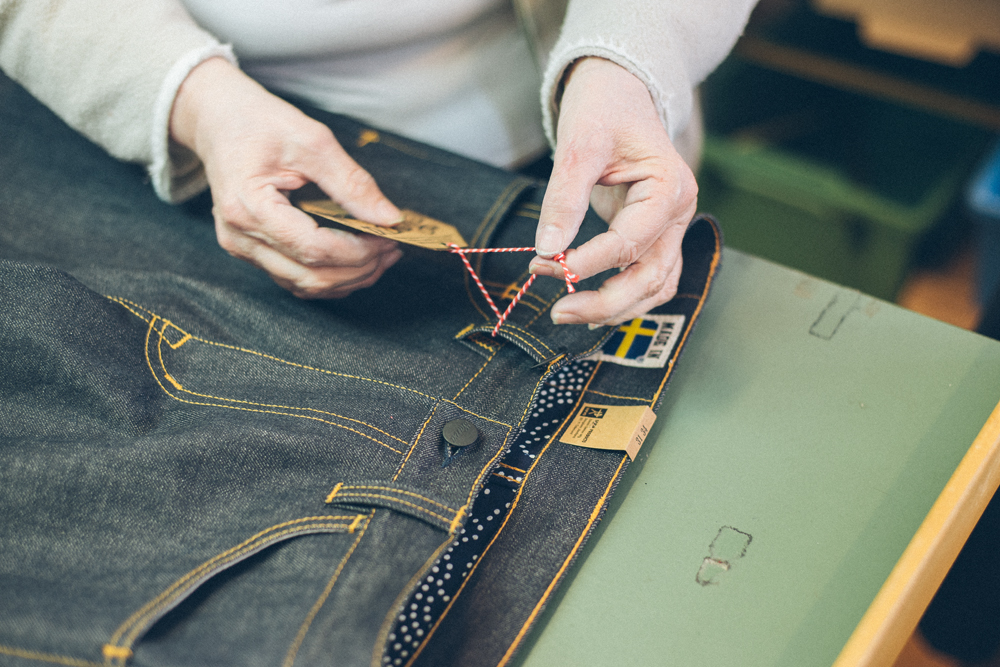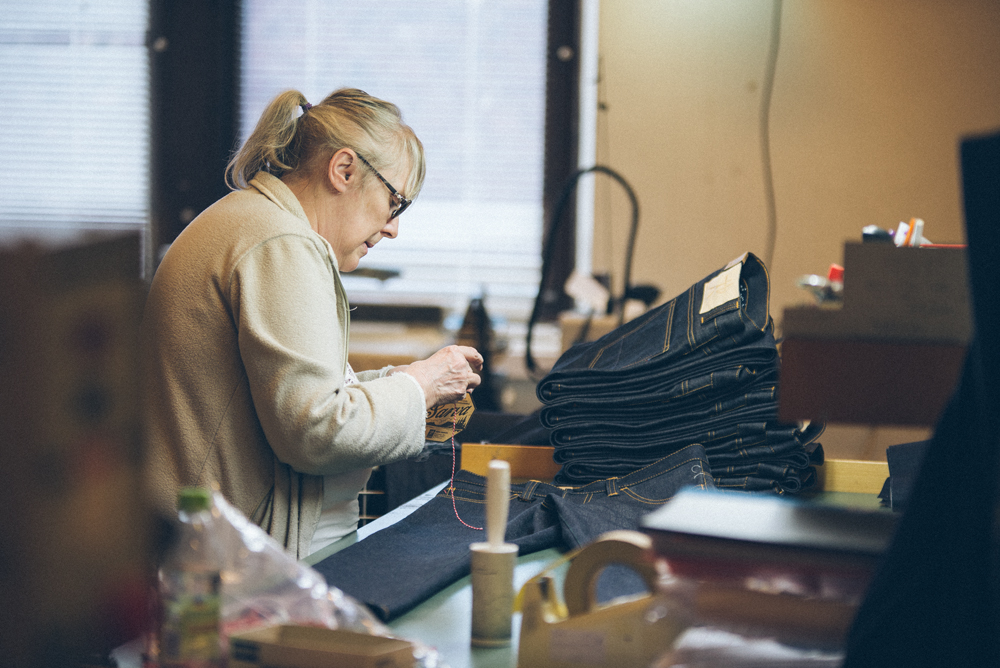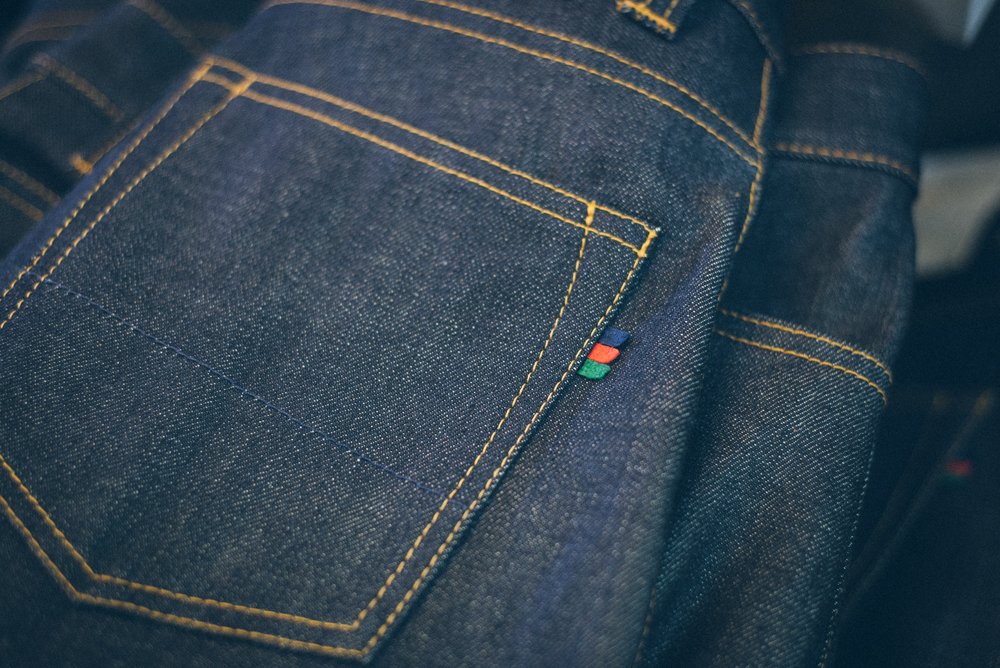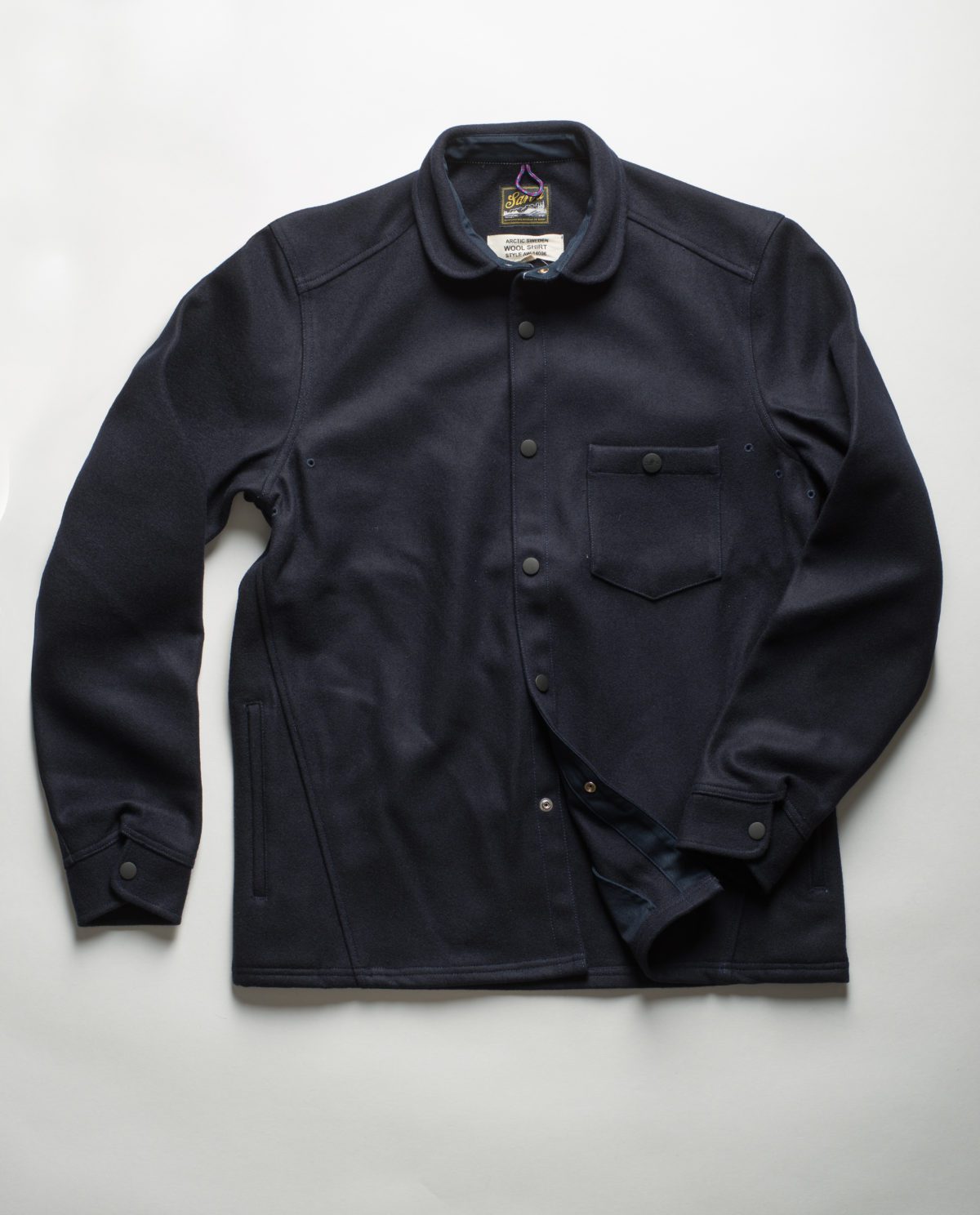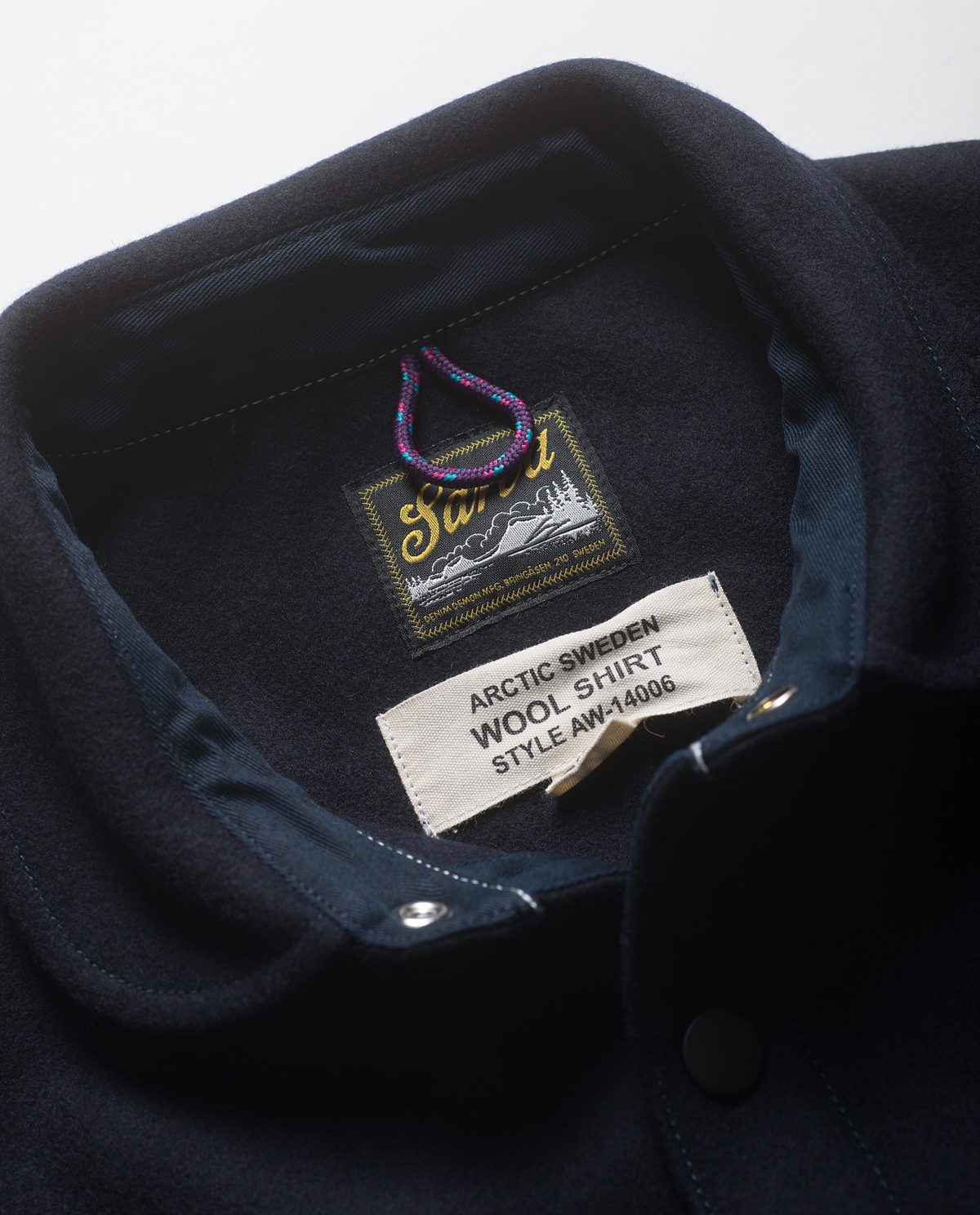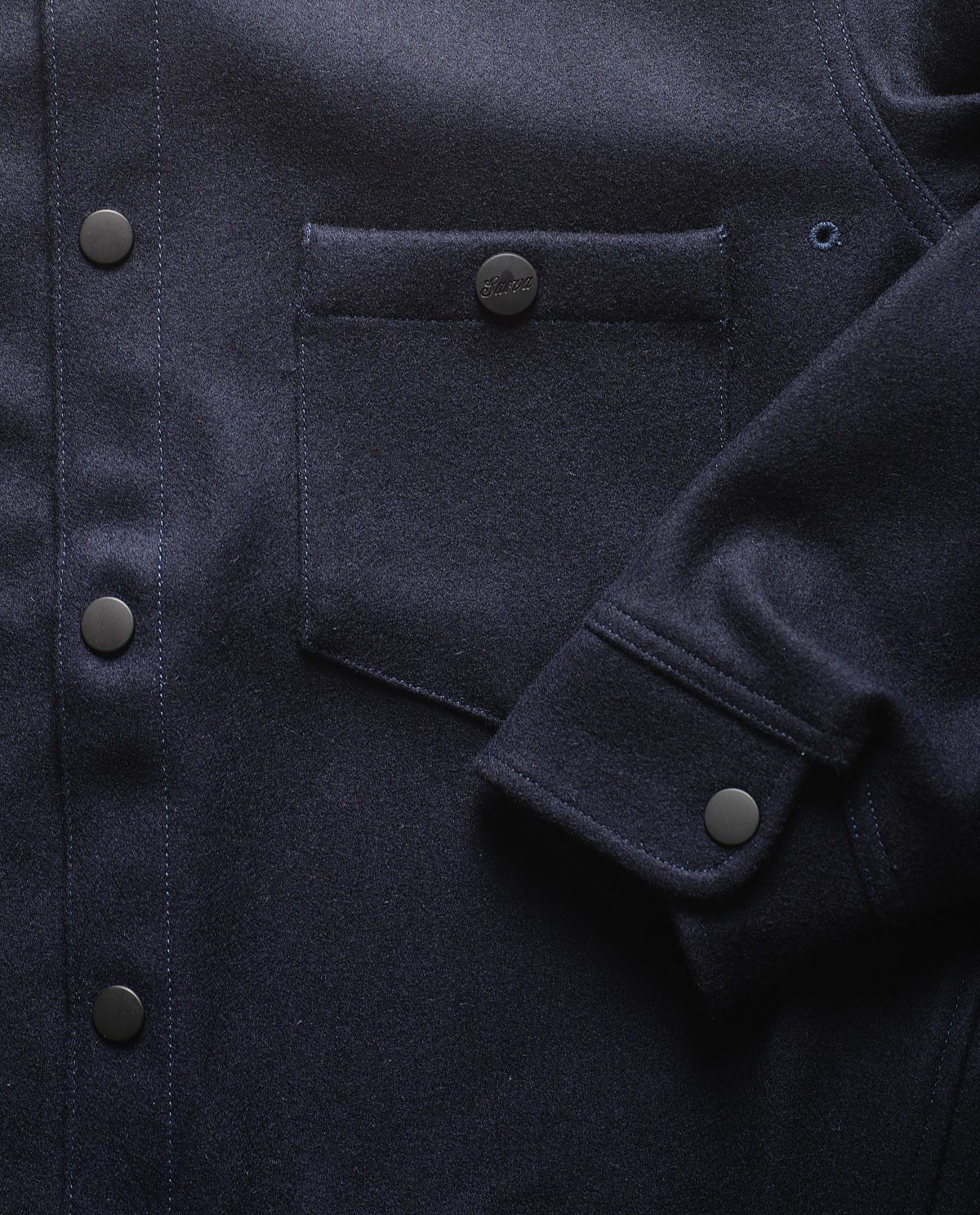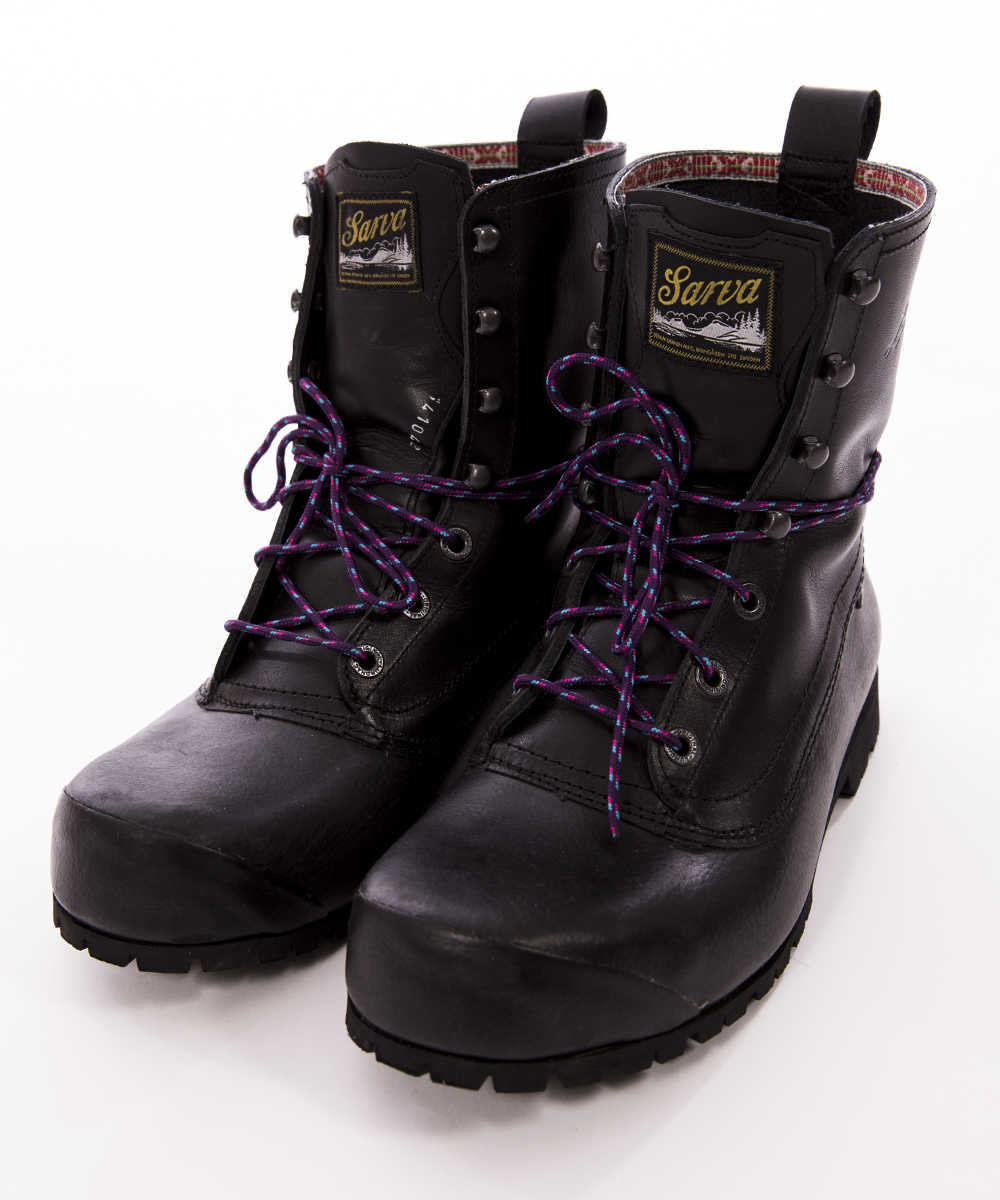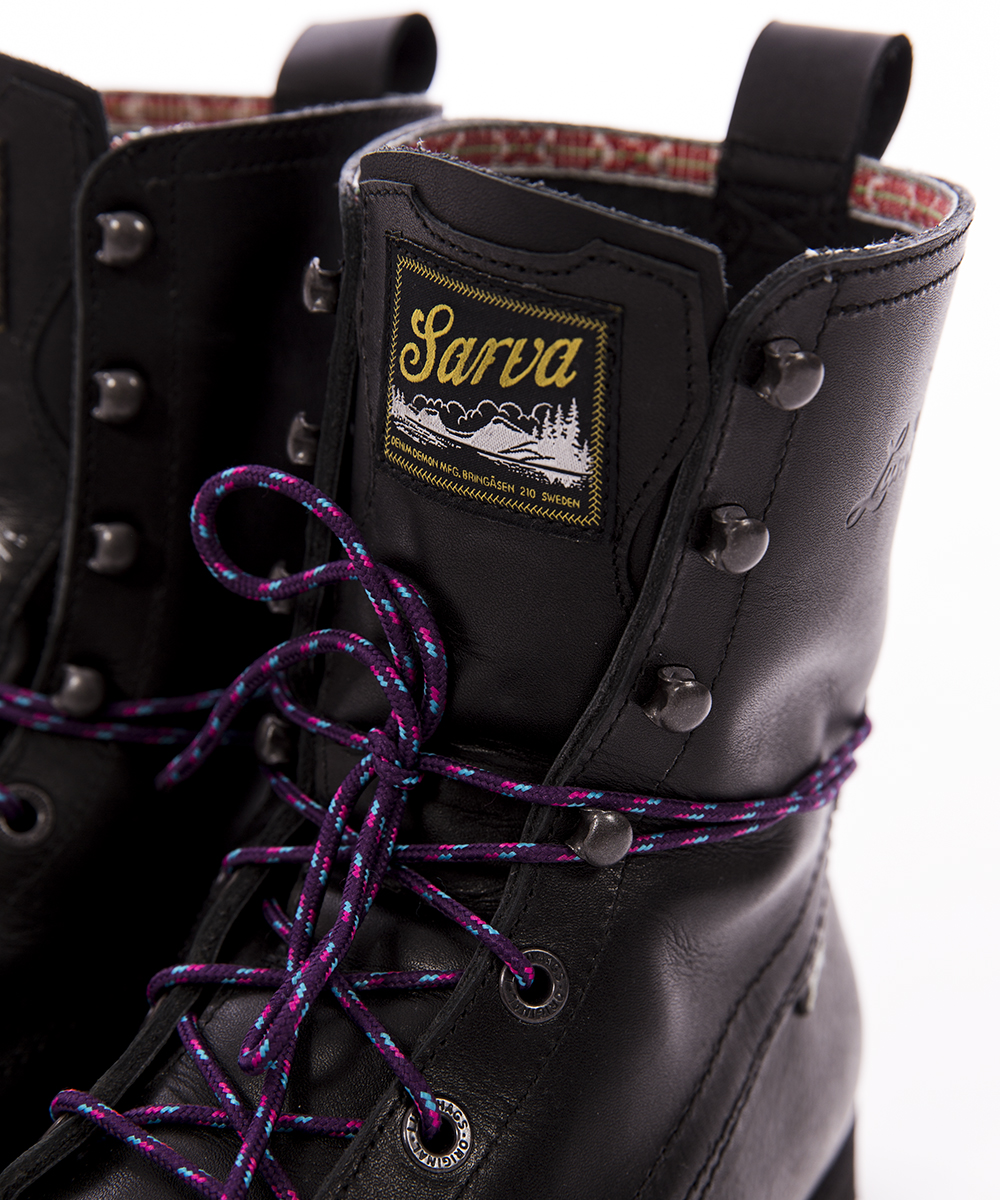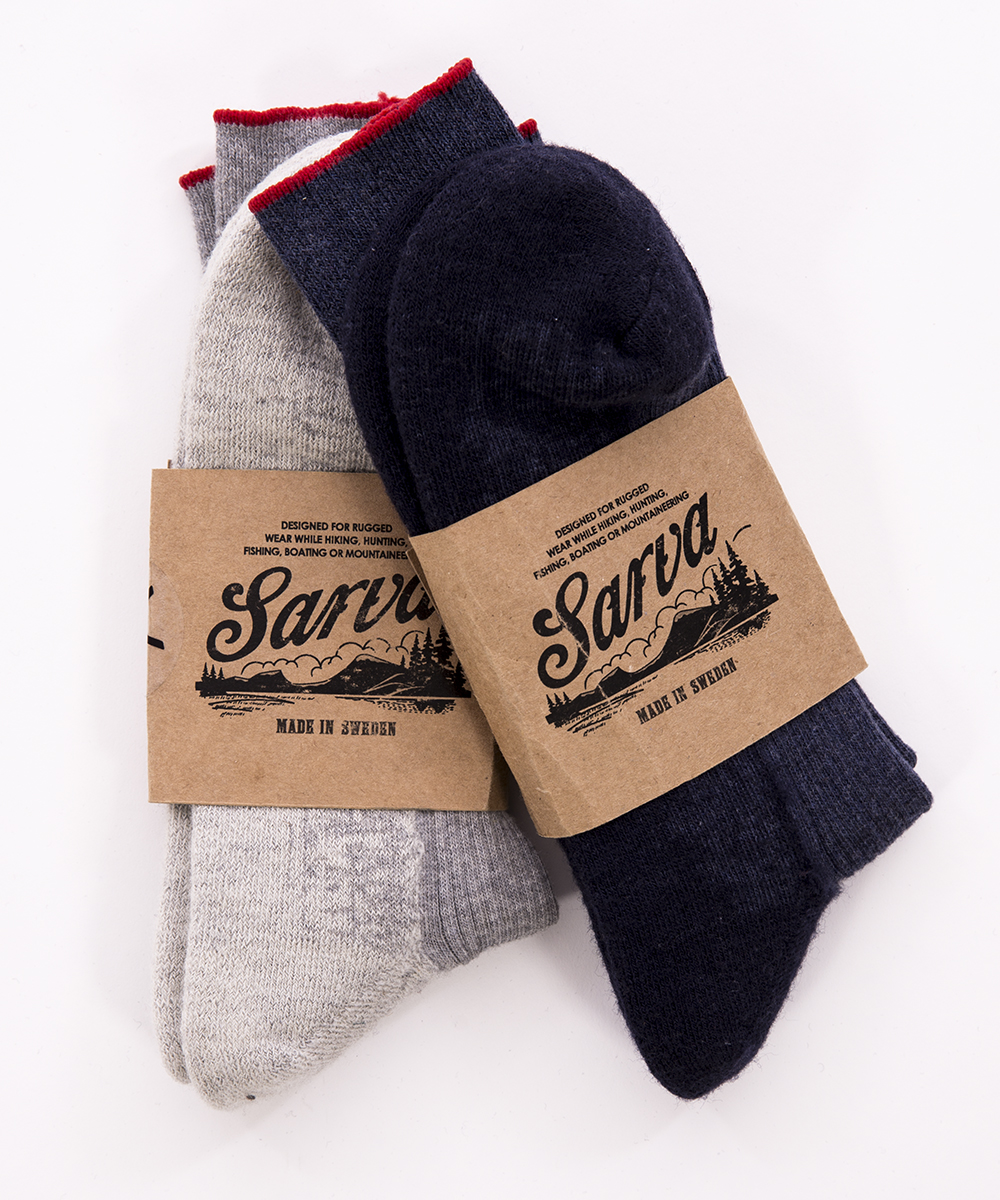286 Pairs of Raw Denim Jeans — How Sarva Came to Be
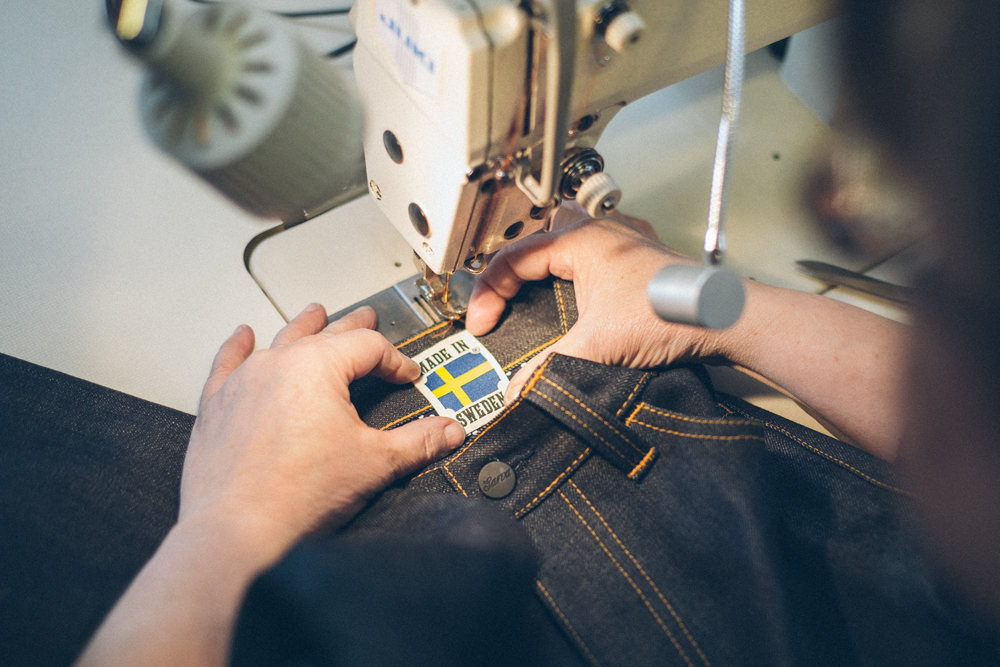
During school I started working extra at JC, the biggest denim retailer in Sweden, hemming jeans in their shop window during weekends.
During this time my interest and passion for jeans really started to grow while learning all about the history behind the details — that each detail on the jeans was there for a reason and not only for the good looks. The big three — Lee, Wrangler and Levi’s — were the brands that stood out with their long history.
Years later while working at Solo, the second biggest (but perhaps cooler) denim retailer in Sweden, the idea of starting an own brand started to grow.
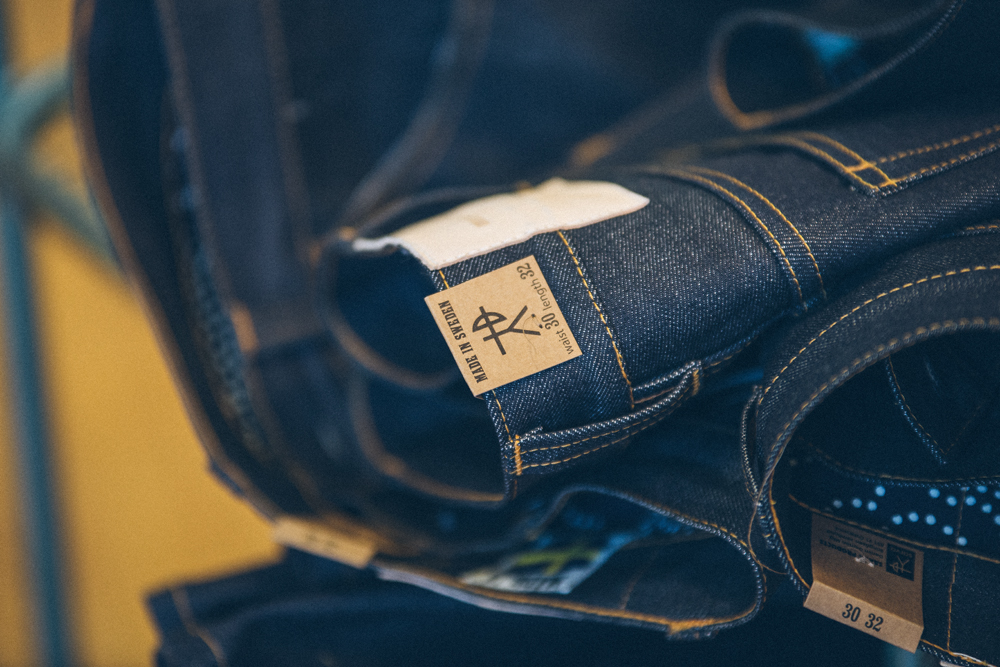
Beginnings and heritage
Me, my brother and a friend bought 300 blank Fruit of the Loom tees which we printed with our new brand Denim Demon Jeans (named after the Turbonegro song) and sold to friends and family. We managed to raise enough money to order 286 pairs of raw denim jeans from a small factory in Italy. These sold out very fast, and from then on we had to learn, mostly the hard way, how to manage a brand. From design and production, to sales and PR, which we didn’t have any previous experience of.
Since we didn’t have any long brand history to fall back on we started to look into our own family heritage instead. And since my dad’s side of the family are Sami people, we started to weave that into brand story, with details such as reindeer leather patches, Sami colored selvedge and felt details.
Crafting on our home turf
The long term goal was always to design and manufacture our clothes in Sweden but that was easier said than done.
We used to have quite a lot of textile manufacturing here, but during the 70’s most of the production moved abroad in search for cheaper labour. Luckily we managed to find one factory that had kept their machines and knowledge from the glory days of Swedish production. After finally finding what we had been looking for we decided to give the brand a restart. That’s when we became what we are today — Sarva.
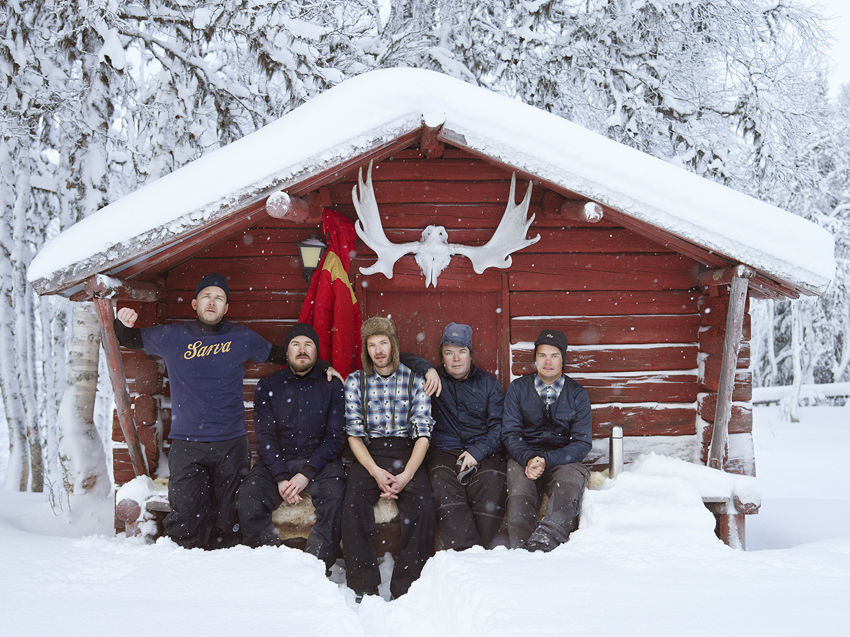
The word Sarva is South Sami and means a young, un-neutered reindeer bull. Sami is Scandinavia’s indigenous people and originally nomads that spent most of their days outdoors. Therefore they needed equipment that could withstand difficult conditions and harsh weather. This is something that’s very important to us and our family and friends, who try out all the new products to make sure they are both practical and durable.
Today we are extremely proud to produce our whole collection locally and the jeans have expanded into wool shirts, knitted hats and socks — even to a hand made hiking boot collaboration with Swedish shoemakers Lundhags.
Since we started, we can see a bigger interest in Swedish production and more factories start to open up again. We’re always looking for new product categories to expand our line but the main focus is always to try and make timeless styles that can be kept season over season. We want to provide high-quality products that last, in terms of both design and time.
